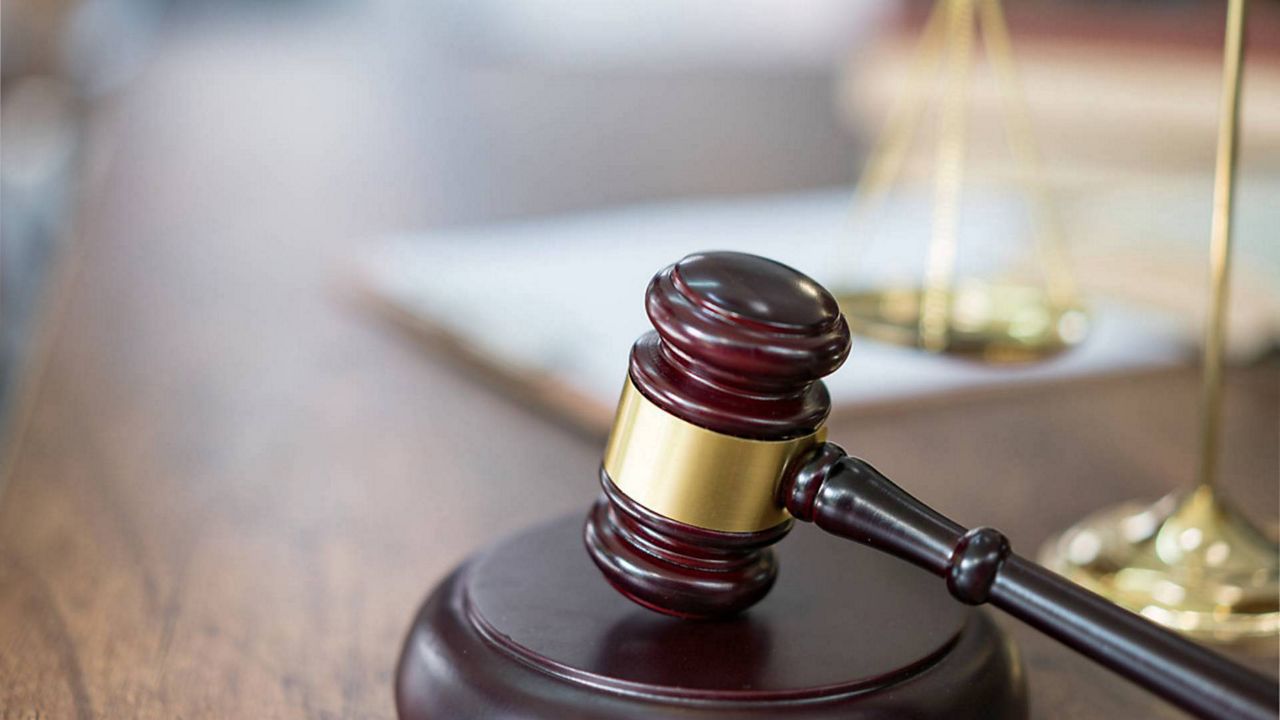Changes to New York's victims' compensation law as well as a proposed overhaul of parole are being backed by a founder of the MeToo movement, advocates announced this week.
The proposals, part of an end-of-session push by Democratic state lawmakers and criminal justice advocates, are being supported by Tarana Burke, an activist who started the MeToo movement to aid survivors and victims of sexual assault.
“Every survivor is entitled to the justice they seek and we as a movement to eradicate sexual violence support them on their healing journeys," Burke said. "We also know that mass incarceration, which perpetuates inequality and condemns people to facilities with rampant sexual violence and other abusive conditions, cannot be the answer."
New York's victims' compensation law could be expanded to include more eligible people by removing a mandatory reporting requirement to law enforcement. Lawmakers also want to make it easier for older people who have served more than 15 years in prison to be eligible for parole consideration.
All of the bills are being pushed for in the final days of the legislative session in Albany, which is scheduled to conclude on June 8.
Republicans have called for legislation meant to do the opposite for parole by creating a stricter set of standards. In recent years, Republican lawmakers have called for measures that would make it easier for Parole Board members in New York to be removed and have people convicted of violent felonies serve their maximum prison term.
But Democrats hold supermajorities in both chambers of the Legislature, and advocates hope they can get votes on the measures in the coming weeks.
"Expanding access to government-funded healing resources by allowing forms of evidence beyond those provided only at the discretion of police and prosecutors and transforming the parole release system to center personal transformation are concrete steps to promote dignity and safety for all," Burke said. "That is what the Fair Access to Victim Compensation, Elder Parole, and Fair & Timely Parole bills would do and we urge New York State to enact them this year.”



